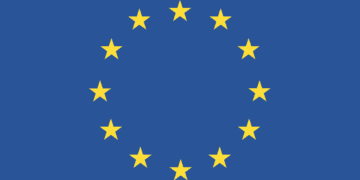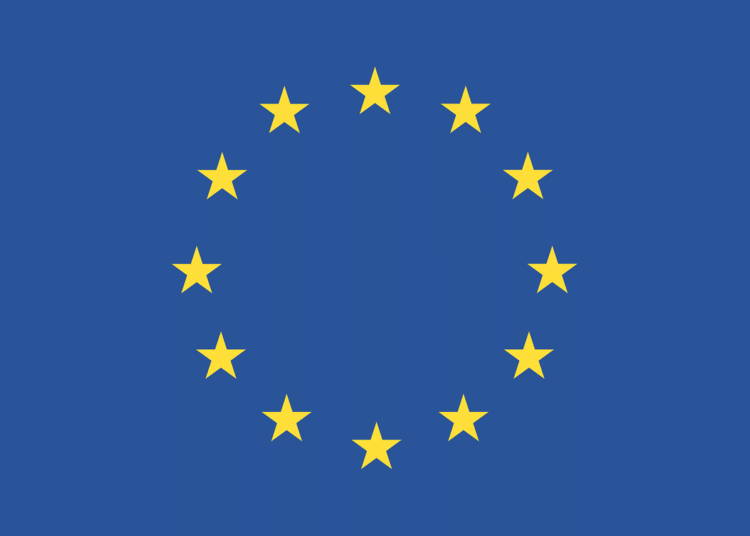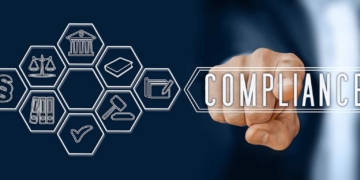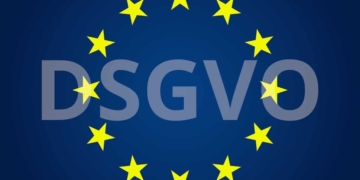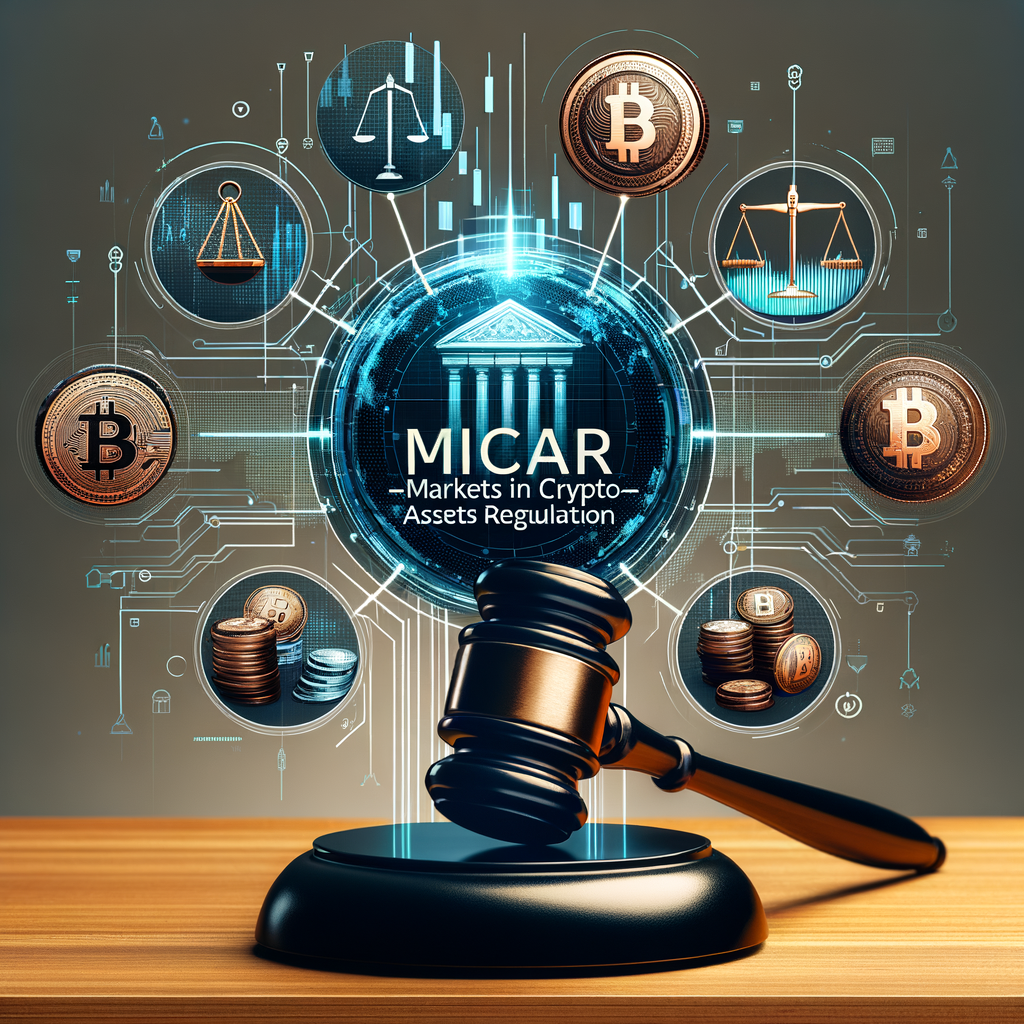The Digital Services Act (DSA) represents a significant change in the European digital regulatory framework and has a strong impact on companies, especially those offering online services such as gaming platforms. Here are some of the key implications and adjustments that game companies need to consider in light of the DSA:
Code of conduct and transparent procedures
The DSA introduces a “Code of Conduct” for online service providers, which means that gaming platforms will be required to comply with certain minimum standards. These standards cover a variety of aspects that affect the user’s online experience.
A key aspect of the Code of Conduct is the fight against illegal and dangerous content. Gaming platforms need to take proactive measures to ensure that such content is quickly identified and removed. This can be done through the use of moderation tools and machine learning, but it also requires providing clear guidelines to users about what is considered illegal or dangerous.
Promoting diversity of opinion is another important aspect of the Code of Conduct. Platforms must ensure that they create an environment where all users feel safe to express their opinions. This can be achieved by combating harassment and hate speech and promoting inclusive and respectful discussions.
Maintaining user privacy is also a key element. Platforms must ensure that they protect their users’ personal data and only use it with their consent. This includes encrypting personal data, providing privacy settings for users, and complying with general data protection regulations.
Finally, the DSA requires that when platforms take action against users, they provide clear and specific explanations as to why this is happening. Users must be informed of what specific content or behaviors led to these actions, and they must have the opportunity to appeal these decisions. This requires a clear communication strategy and transparent processes. Companies must have open channels of communication and be prepared to provide support to users as needed, whether through customer service, community management, or other forms of user support.
Alignment with the Digital Services Act: privacy, accountability and transparency
The Digital Services Act (DSA) places new requirements on gaming companies in terms of privacy, liability, and transparency. One of the main elements of the DSA is the strict data protection rules, which require companies to carefully review and, if necessary, adjust their data protection policies. In addition, the DSA changes the liability and accountability model by making companies responsible for the content that is published on their platforms. To ensure compliance with these new regulations, it is critical that gaming companies develop and implement a compliance strategy.
In addition, it is critical that companies fully understand the legal implications of the DSA and take appropriate action. This can happen through close cooperation with a lawyer 😉
Another requirement of the DSA is increased transparency in terms of usage figures. Since February 16, 2024, online platforms are required to publish their average monthly user numbers in the EU. This requires precise tracking and presents an additional challenge, as tracking requires user consent in accordance with the General Data Protection Regulation (GDPR).
Conclusion
The Digital Services Act (DSA), adopted by the European Parliament and Council on September 14, 2022, published in the Official Journal of the European Union on October 12, 2022, and enacted on November 1, 2022, symbolizes a significant step in the digitization and regulation of online services in Europe. It will take legal effect in all EU countries from February 17, 2024.
For gaming companies providing online services, the DSA has far-reaching implications and requires a comprehensive review and adjustment of their current practices. At its core, the DSA requires companies to understand the details of the law and revise their privacy policies accordingly. Here, it is central to develop a compliance strategy that ensures that the company complies with all new and existing data protection and liability regulations.
A key change is the introduction of a “Code of Conduct” for online service providers, which sets minimum standards for combating illegal and dangerous content, promoting diversity of opinion, and protecting user privacy. In addition, companies are required to provide clear and specific explanations when taking measures against users and to provide options for objection.
Additionally, gaming companies are encouraged to work with legal counsel to ensure they understand the legal implications of the DSA and act accordingly. Another important requirement is the monthly publication of user numbers in the EU, which requires accurate tracking and consent in accordance with the General Data Protection Regulation (GDPR).
Overall, the DSA represents a significant change in the European digital regulatory framework and has a strong impact on businesses. It is critical that gaming companies understand these changes and take appropriate steps to adapt and ensure they are acting in accordance with the law.
